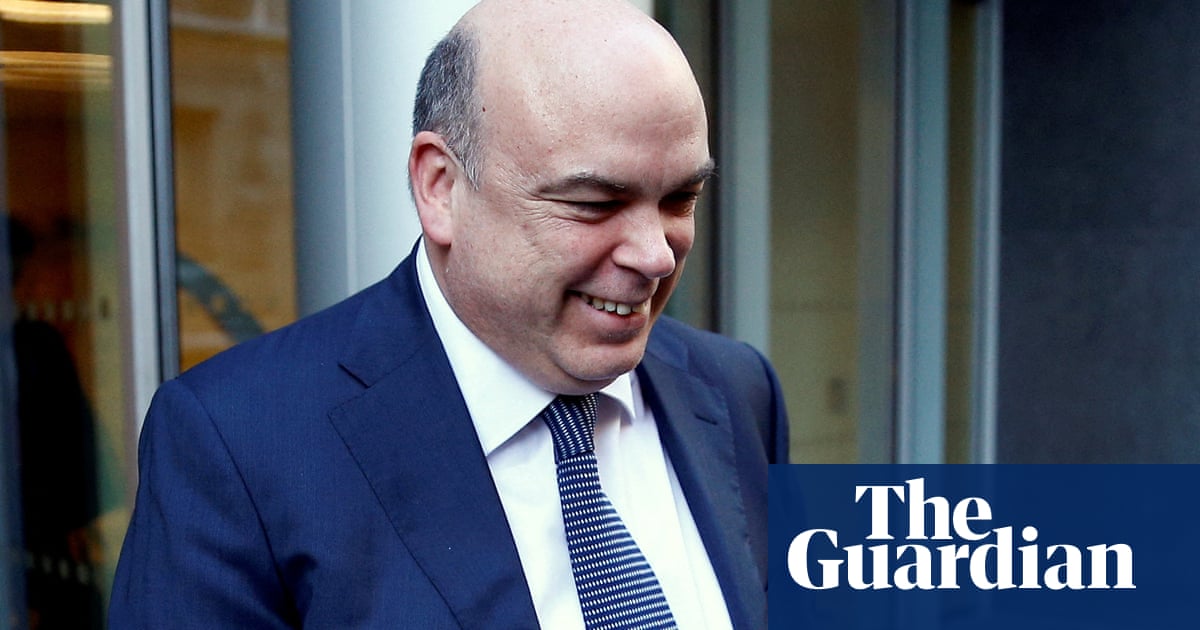British tech tycoon Mike Lynch was found not guilty on Thursday on all 15 counts of fraud he faced over the $11.1bn purchase of his company Autonomy by Hewlett-Packard in 2011.
Lynch’s trial began in March in San Francisco after a lengthy battle over his extradition from England to the US. He was first charged in 2018, accused of inflating sales, misleading regulators and duping his eventual buyer.
HP wrote down the entire value of his company by billions of dollars soon after the deal closed, alleging it discovered major accounting improprieties. Lynch went on trial charged with 16 counts of wire fraud, securities fraud and conspiracy, but the securities fraud charge was dropped.
Lynch himself testified as the final witness in the trial before jury deliberations. The redeemed entrepreneur has maintained his innocence throughout the proceedings, proclaiming that the company he founded and led was not fraudulent even as he admitted it was “not perfect”.
The former CEO claimed he had little knowledge of the company’s day-to-day business dealings, or its accounting practices, as his own background was more technical. He foisted blame for accounting irregularities – the source of HP’s claims of fraud after the deal had been completed – on other executives and the company’s employees. He said he often delegated tasks.
For their part, prosecutors called Lynch the “driving force” at the helm of a years-long fraud, laying blame squarely at his feet as the CEO. They called more than 30 people to the stand, whom Lynch described as “a parade of witnesses I’ve never met”. Many had difficulty recounting specific conversations or recalling decisions made nearly a decade and a half ago.
The central claim by the US government against Autonomy involved the company’s alleged concealment of its sales of hardware. The company marketed itself as a software company but allegedly often sold both hardware and software as a package so as to artificially boost sales. Prosecutors allege Lynch “paid customers to buy software” as a means of ginning up millions in fraudulent revenue.
Lynch was at one time heralded as a great success of the British technology industry, earning an Order of the British Empire in 2006 and elections as a fellow to both the Royal Academy of Engineering and the Royal Society in 2008 and 2014, respectively.

